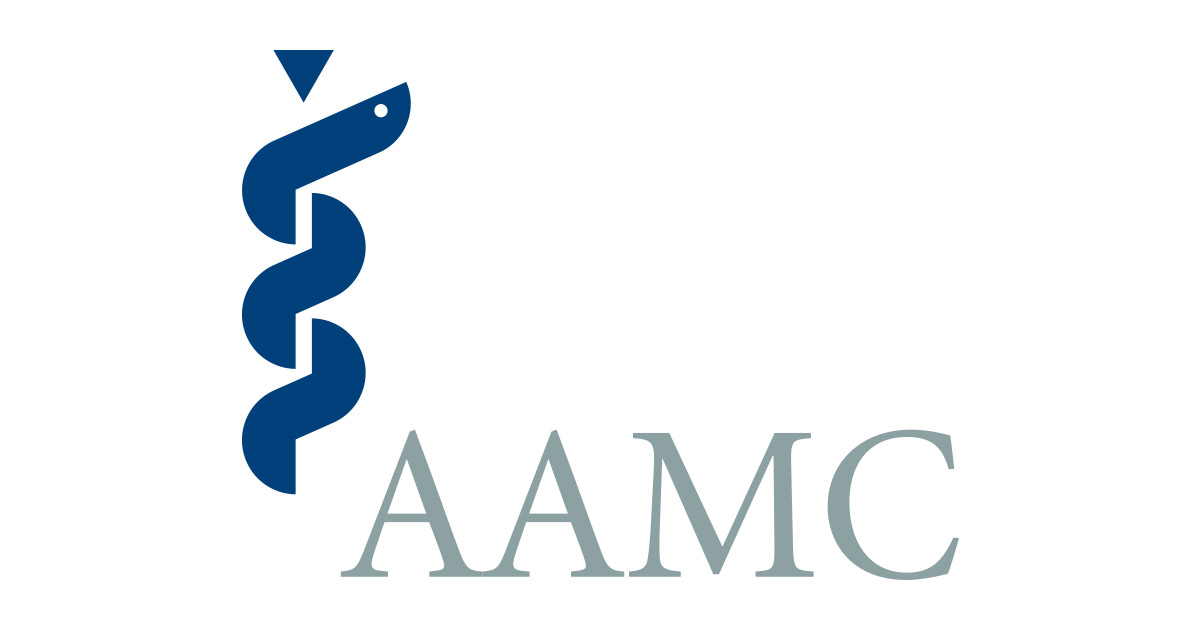Whoa!!!!!! But, given how they like to mask single year data by bundling it in a multi-year format, is it really possible that they would share narrow slices of partial year data with these people in near real-time? Especially given how many people would have access to it, notwithstanding the attestation?
From what you are saying, anything is possible, but whoa! Not to mention, if the data was this startling (you'll agree that a 2.4 jump in one year would be huge, no?), would they release it so casually, with no fanfare, to a subset of their constituency?
Not to mention, would they really make you fly blind as an adcom if the mean scores post-COVID were really 2.4 points higher than pre? Having that information available but denying it to you while you are making decisions, while at the same time sharing it with random UG advisors?
You are way more experienced that me, but this really doesn't sound right! I know you'll say lots of things in this process don't sound right, but still!


